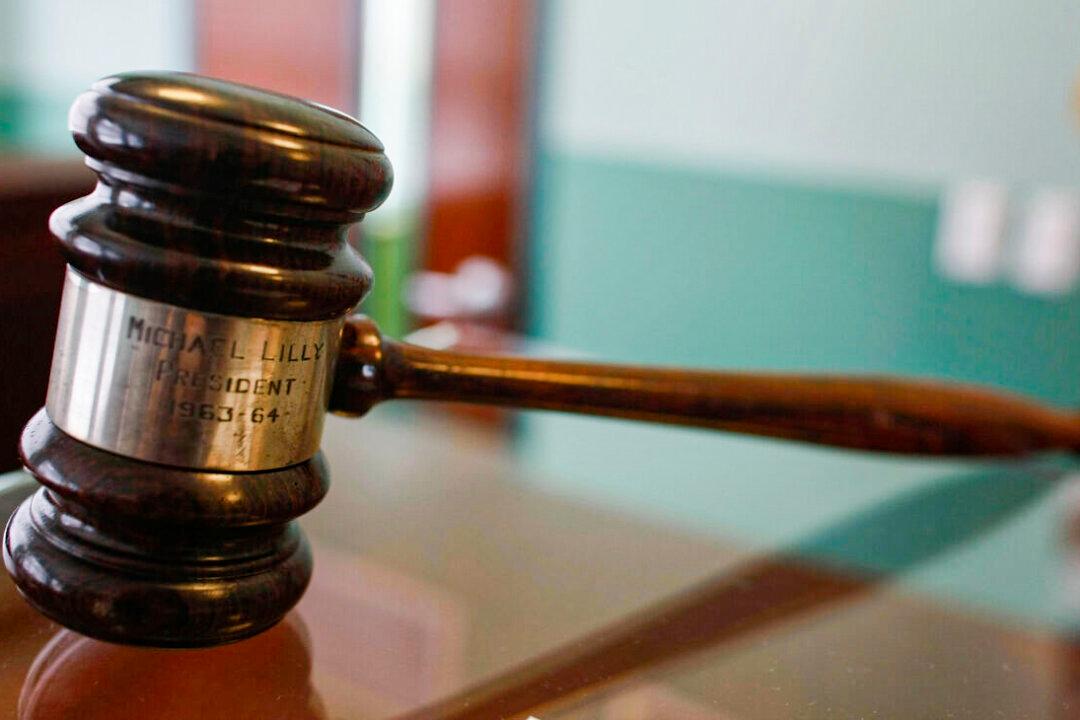The Florida bar is deliberating over whether or not lawyers using artificial intelligence (AI) in legal matters should get their client’s consent beforehand.
In an Oct. 13 statement, the Florida Board’s Review Committee on Professional Ethics said it is considering adopting a proposed advisory opinion on the use of AI—including programs like OpenAI’s ChatGPT, Google Bard, or Microsoft’s Bing—in legal matters, and is calling on Florida lawyers to share their thoughts on the matter.




